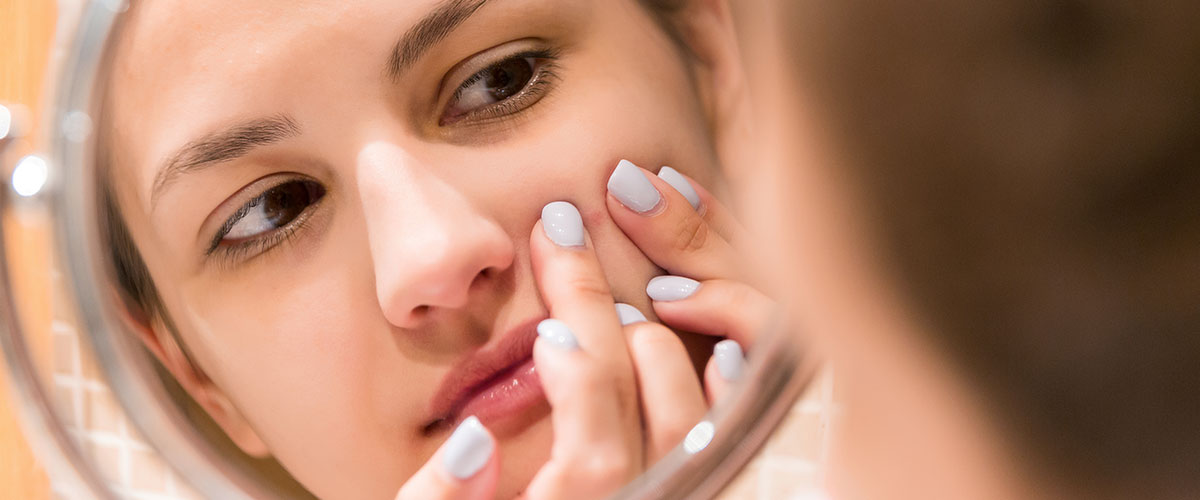
Excoriation Disorder (Skin Picking Disorder)
Excoriation Disorder/ Skin Picking Disorder also referred to as dermatillomania, is a type of Body Focused Repetitive Behavior (BFRB) characterized by a strong urge to pick the skin on any part of your body, including your face, cuticles, and lips, causing possible scarring, infections, and damage to one’s skin. The urge to pick can often be followed by unpleasant emotions, boredom, lack of stimulation, a need for “perfection,” or an urge or physical tension. According to research, about 2-5 % of the population engage in compulsive skin picking, leading to noticeable skin damage and significant impairment in their day-to-day functioning. Although skin picking can begin at any age, it usually starts in adolescence.
Symptoms and signs of Excoriation Disorder/Skin Picking Disorder
- Spending a significant amount of time skin picking or scab picking, leading to scarring, tissue damage, or infection.
- A sense of relief or satisfaction from the picking.
- Feelings of embarrassment and shame.
- Attempts to camouflage or conceal the affected area.
- Avoidance behaviors due to fear of being “discovered” or judged by others.
- Repeated attempts to stop skin picking, but feeling depressed, anxious, or stressed when one feels they can’t control the behavior.
- Significant distress in one’s daily functioning.
- Some describe the picking as a pleasurable experience or a “trance-like” feeling.
- It can be triggered by skin conditions such as acne, eczema, and seborrheic dermatitis.

Treatment
Unfortunately, the exact cause of skin picking is unknown. However, studies have revealed that it results from a combination of genetics, environmental and biological factors. It’s not a “bad habit” that could be easily resisted; it’s a mental health disorder that requires treatment with a skilled clinician. If you’ve been told to “just stop” or have the willpower to resist the picking, then you have been misinformed. This disorder is complex and does not have a simple solution. Treating this disorder requires hard work, consistency, and practice to manage symptoms using evidence-based treatment. The evidence-based treatment for all BFRBs (Body Focus Repetitive Behaviors) is Cognitive-Behavioral Treatment, more specifically, Habit Reversal Training (HRT) and ACT (Acceptance and Commitment Therapy). Habit Reversal Training involves developing alternative behaviors to replace skin picking or implementing competing responses, such as clenching your fist, playing with a fidget toy, or covering one’s hand with gloves. ACT is also incorporated into treatment to increase psychological flexibility and commit to value-based actions while accepting uncomfortable emotions and urges.